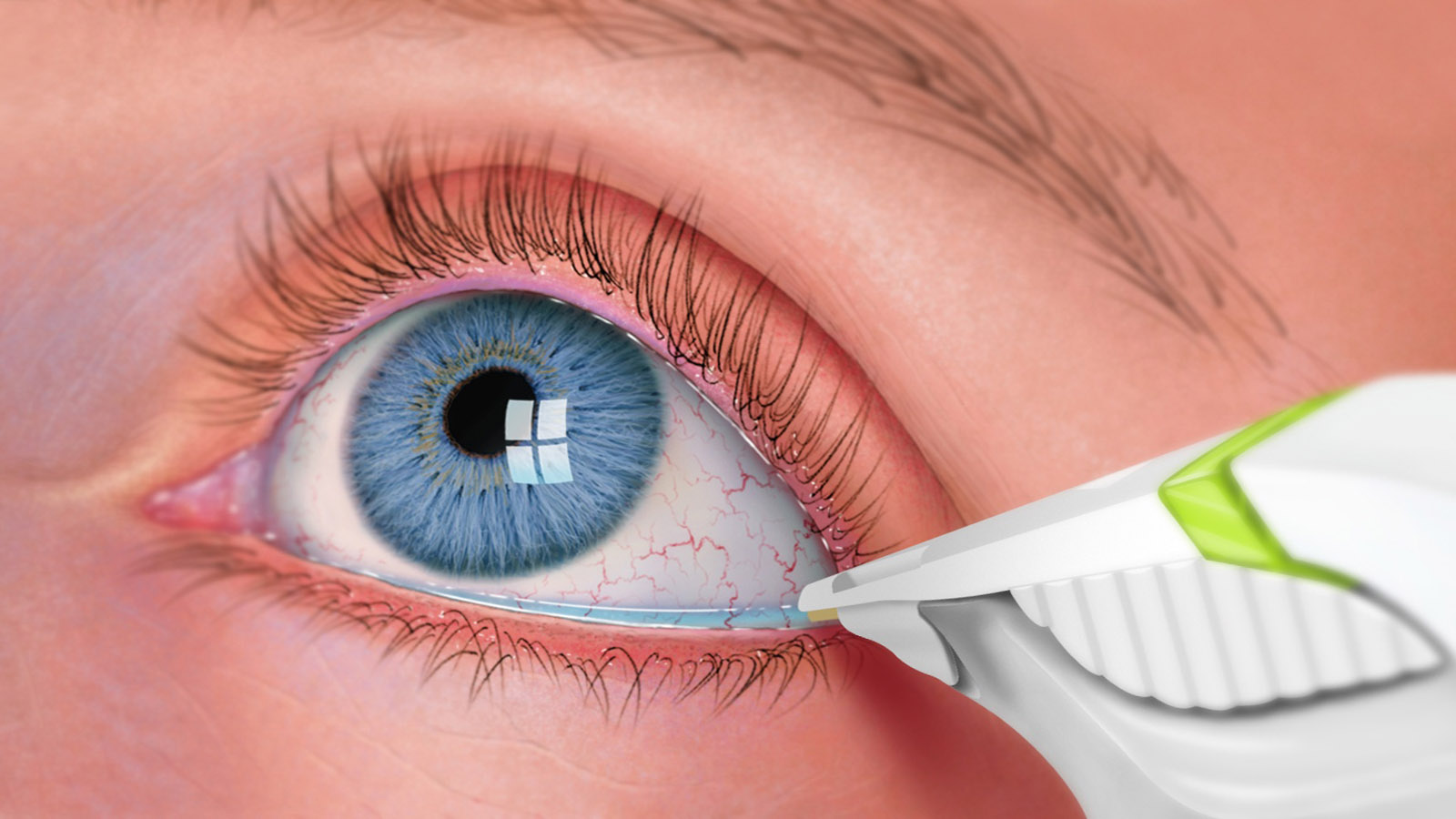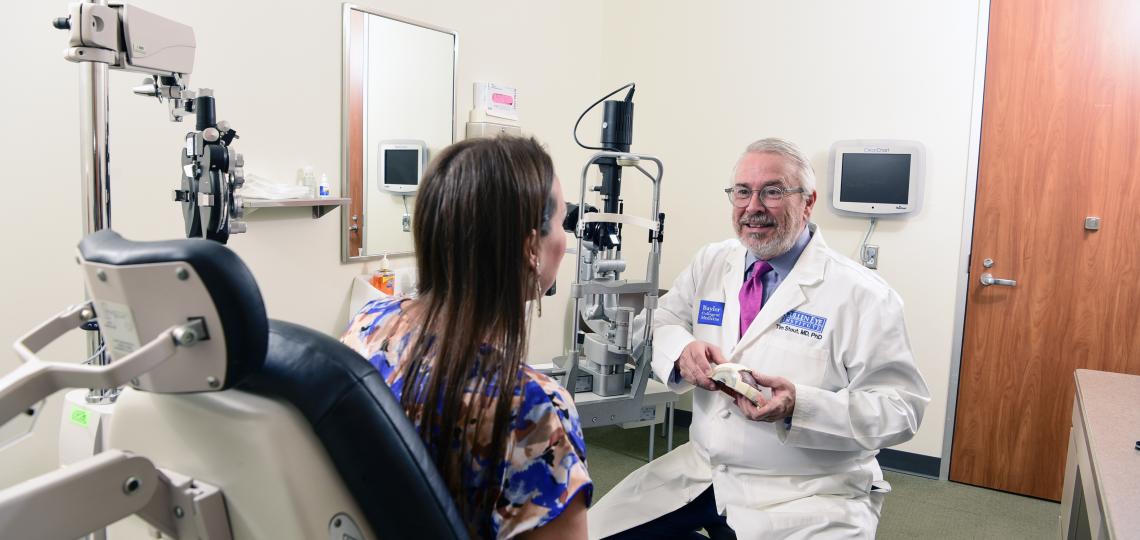Leading Cardiologist Andalusia: Your Partner in Heart Health
Leading Cardiologist Andalusia: Your Partner in Heart Health
Blog Article
Is Refractive Surgery Right for You? Elements to Take Into Consideration for Better Eyecare
In the realm of eye care, the choice to undertake refractive surgery is a significant one that requires thoughtful factor to consider. As individuals seek clearness and flexibility from the restraints of corrective lenses, various aspects enter play when determining the suitability of such a procedure. From the ins and outs of one's eye wellness to the details of daily practices and personal expectations, each facet holds value in the more comprehensive landscape of refractive surgery candidacy. By evaluating these crucial elements with care and accuracy, a clearer course in the direction of notified decision-making emerges.
Eye Health Analysis
When taking into consideration refractive surgical procedure, a detailed eye health and wellness evaluation is crucial to analyze the viability of the procedure for every person. neurologist andalusia. This analysis entails a collection of assessments and tests carried out by an eye treatment professional to identify the total wellness of the eyes, the existence of any hidden conditions, and the security of the refractive error
Throughout the assessment, numerous aspects are taken into consideration, such as the person's case history, current eye prescription, corneal density, pupil dimension, and tear film high quality. These assessments assist to identify any type of contraindications to refractive surgical procedure, such as corneal irregularities, cataracts, or untreated eye infections. Furthermore, the evaluation assists to take care of client assumptions regarding the prospective end results of the surgery based upon their one-of-a-kind eye qualities.
Eventually, the eye wellness analysis is essential in guaranteeing the security and performance of refractive surgical procedure, as it provides valuable insights into the individual's eye health status and assists identify the most appropriate treatment choices for accomplishing ideal visual outcomes. (eye center andalusia)
Way Of Living Analysis
A detailed way of life assessment is important in determining the viability of refractive surgery for a person's visual modification needs. Way of life factors such as profession, hobbies, and daily activities play an essential duty in the decision-making process relating to refractive surgical procedure.
Moreover, way of living routines such as sporting activities involvement, outside activities, or even skin care regimens can affect the healing process and total success of refractive surgical procedure. By performing a detailed way of living analysis, eye treatment experts can customize their suggestions and treatment plans to fulfill the one-of-a-kind requirements of each client, ultimately leading to boosted aesthetic results and complete satisfaction.
Expectation Placement

People need to understand that while many people attain 20/20 vision or much better adhering to refractive surgery, some might still require glasses for specific tasks like reading or driving at night. Taking care of these expectations assists protect against frustration and frustration post-surgery, leading to a more positive general experience for the patient.
Danger Evaluation

Aspects that might enhance the threat of issues consist of age, certain clinical problems like autoimmune diseases, unsteady vision prescription, slim corneas, and unrealistic individual assumptions. Additionally, selecting a skilled and knowledgeable doctor, following pre and post-operative care guidelines diligently, and disclosing any type of pertinent case history can help reduce dangers.
To decrease the likelihood of problems, eye doctors perform thorough pre-operative assessments to determine any type of contraindications to surgical procedure. They additionally discuss the potential risks and benefits with clients during the examination procedure. By taking part in open interaction and shared decision-making, both the eye doctor and the person can interact to establish if refractive surgical procedure is the appropriate selection based upon specific danger accounts and preferred results.
Assessment Significance
Thinking about the vital function of informed decision-making in assessing risks and possible difficulties in refractive surgical procedure, the assessment process holds significant importance in guiding people in the direction of ideal outcomes. During the appointment, the eye doctor assesses the client's eye health, refractive mistakes, and general suitability for surgical procedure. This preliminary assessment is crucial in establishing one of the most suitable treatment for every individual, thinking about elements such as corneal thickness, student size, and existing eye problems.
Additionally, the consultation works as a chance for patients to review their expectations, worries, and any inquiries they may have pertaining to the surgical treatment. Clear communication in between the cosmetic surgeon and the individual is necessary to guarantee reasonable assumptions and a comprehensive understanding of the potential dangers and benefits entailed.
Additionally, the consultation enables the specialist to explain the various surgical choices available, their particular end results, and the post-operative care needed. This comprehensive discussion equips people to make well-informed decisions concerning their eye care, resulting in much better satisfaction and outcomes post-surgery.
Final Thought
In verdict, individuals thinking Get More Information about refractive surgical treatment needs to undergo an extensive eye health and wellness analysis, analyze their lifestyle practices, align their expectations with prospective end results, assess the associated risks, and prioritize examinations with eye treatment experts. These aspects play a crucial role in identifying the suitability of refractive surgical treatment for every individual, making sure ideal results and fulfillment with the procedure.
Clients thinking about refractive surgical treatment typically have high expectations concerning the outcomes, expecting excellent vision without the need for glasses or contact lenses. While refractive surgery can substantially boost vision and minimize reliance on visual help, it is critical for individuals to comprehend that results might differ based on private factors such as the level of refractive mistake, corneal thickness, and overall eye wellness.
By engaging in open communication and shared decision-making, both the person and the eye doctor can function together to determine if refractive surgical procedure is the best option based on specific danger profiles and wanted outcomes.
Considering the essential function of informed decision-making in examining risks and possible problems in refractive surgical procedure, the examination process holds considerable importance in leading clients in the direction of optimal end results. During the appointment, the ophthalmologist reviews the client's eye wellness, refractive article errors, and total suitability for surgical treatment.
Report this page